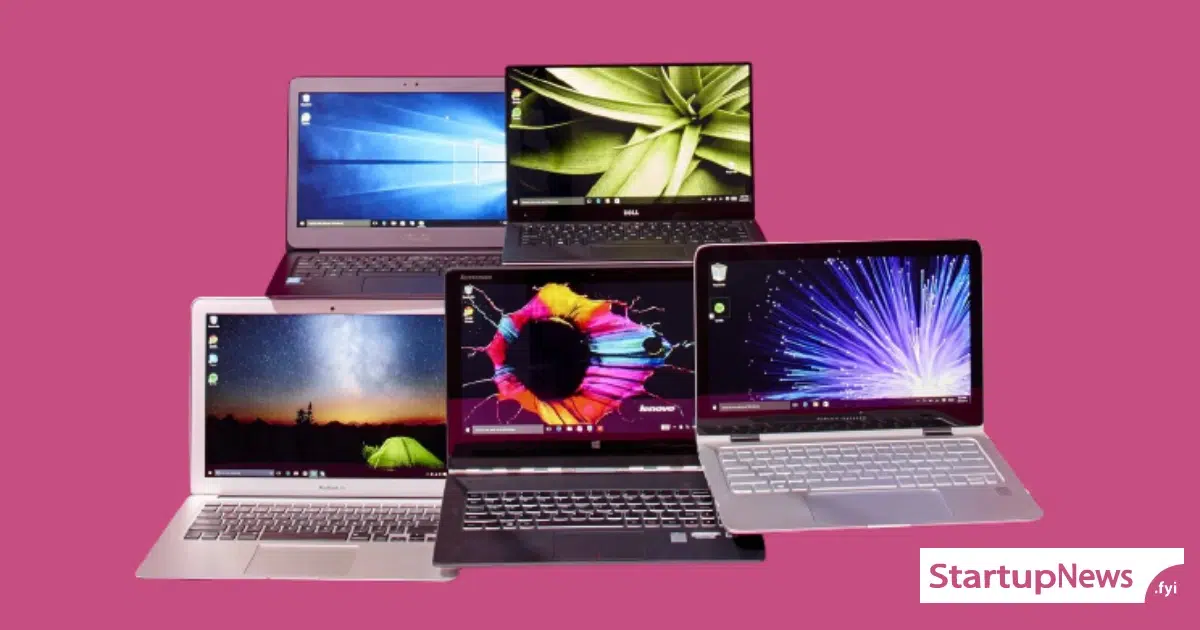Prominent IT hardware manufacturers, including Apple, Dell, HP, Acer, and others, have reportedly requested an extension of nine months to a year for the implementation of import restrictions on laptops, tablets, and personal computers. The companies conveyed their need for additional time to establish manufacturing facilities in India during a meeting with senior officials from the Ministry of Electronics and Information Technology (MeitY), as reported by ET.
Focus on Domestic Manufacturing Facilities
During the meeting, government representatives clarified that the aim of import licensing norms for specified electronics items is not to ban or discourage imports. Rather, the government’s objective is to reduce imports and bolster exports from India by enhancing domestic manufacturing capabilities. The discussion underscored the importance of promoting indigenous production.
Engagement with OEMs, Both Foreign and Indian
In addition to interactions with foreign original equipment manufacturers (OEMs), government officials engaged with senior executives from Indian OEMs. The discussions aimed to gather insights into the production capacity of Indian OEMs and the timeline required to scale up manufacturing operations.
Deadline Extension and Import Licensing
Earlier this month, the Indian government imposed immediate restrictions on the import of laptops, tablets, and personal computers falling under the HSN 8741 category. The Directorate General of Foreign Trade (DGFT) subsequently extended the deadline for obtaining a valid import license until October 31. Beyond this date, importing laptops, computers, and related items without a license will not be permissible.
Hardware Manufacturers Embrace PLI Scheme
The announcement of import restrictions prompted around 44 hardware manufacturers to apply for manufacturing in India under the production-linked incentive (PLI) scheme. This scheme, with an application deadline of August 30, designed to encourage domestic manufacturing of laptops, PCs, servers, and related-edge computing kits. The Indian market for laptops and PCs, valued at approximately $8 billion annually, predominantly features foreign players. The PLI scheme aims to transform this landscape by fostering local manufacturing and reducing import dependence in the IT hardware sector. According to Counterpoint Research, nearly 65% of laptops and PCs in India are currently imported, making the PLI scheme a crucial initiative to enhance domestic production.
Also Read The Latest News:
MPL cuts 350 jobs following GST Council’s 28% tax decision


